Grief is such a common experience, and yet so individual and personal, that we’re bound to step on each other’s toes from time to time when trying to define it, express it and get through it.
I thought about this after the Twitter chatter on the deaths of actress Carrie Fisher and, one day later, her mom Debbie Reynolds. Some people took issue with various people’s portrayals of Reynold’s grief, as if it was being romanticized. As if some folks were insinuating that a parent who doesn’t die after losing their child does not love quite as much as Reynolds did.

Well, maybe critics simply wanted acknowledgment of how deeply ever life is fractured by death. That loss is a sort of death, even though the parent is still breathing and functioning.
At other times, I’ve heard people say writers aren’t being real with grief. That grief is sugar coated.
I read stuff early in my grief, when my pain was as raw as a knife wound, and I felt some people weren’t being candid, but perhaps what I read was colored by my condition at the time. So raw was my wound that I rejected almost all talk of hope. The concept of future happiness and healing was foreign or even fake.
Instead, it’s possible these writers were in a different place in their grief. That’s what I think may be the difference in a lot of our stories. For some of us, our loss is fresh, even though the death was 10 years ago. For others, we’re further along in five years.
I will never be healed, but I’ve experienced healing.
How can you experience healing and yet not be healed? To say “healing” sounds so complete, as if eventually I’ll be healed. In reality that isn’t the case about grief. I don’t expect to ever stop grieving my parents this side of heaven.
I was diagnosed with Chronic Fatigue Syndrome in 2000. For five years my life was in torment as I functioned in a state of weakness. I slept but woke feeling more drained than the day before. Then I found a good doctor. I’ve still got CFS, but I sleep much better. My life isn’t normal but it is better. I’ve experienced healing, but I’m not healed.
My father died 10 years ago. My mother died seven years ago. Sometimes I move along in life and feel like I’ve come so far. I want to share what’s helped me. I want to talk about different perspectives I was blind to early in my grief.

But then I go over to my parents’ unoccupied house and find an old note, a Christmas list, in my mother’s hand. A typewriter is on the list. A Benji stuffed dog. I realize these were the gifts my parents gave me when I was about 10 years old. They put a lot of effort into making me smile, but now my heart aches. There will be no more Christmas gifts. No more acts of love. The scab over my grief is torn open. I’m not completely healed.
How should we handle different perspectives on grief? I think having non-judgmental conversations help. Being willing to learn will go so far in our relationships.
Offering our resentments and bitterness to God instead of directing it toward others also is a great place to send our pain. Jesus was “a man of sorrows and acquainted with grief.” He knows what we feel when we don’t have the exact words for our friend, Twitter feed or blog post.
How has your perspective evolved since you lost a loved one? What healing have you undergone? What is yet to be resolved? Can you conceive of a day of greater healing?
Copyright © 2017 by Toni Lepeska. All rights reserved. www.tonilepeska.com


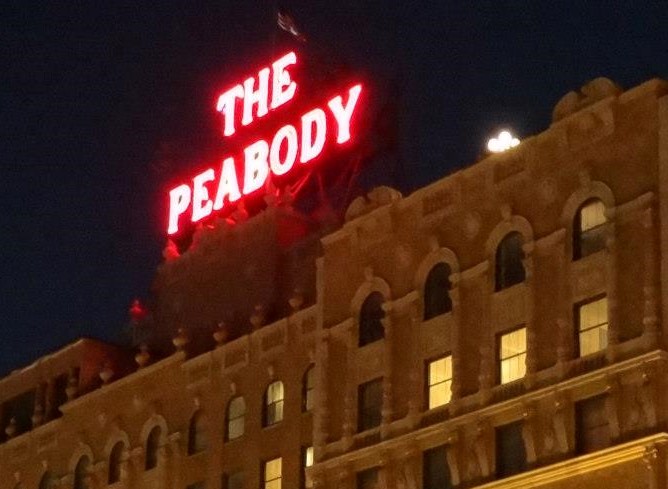
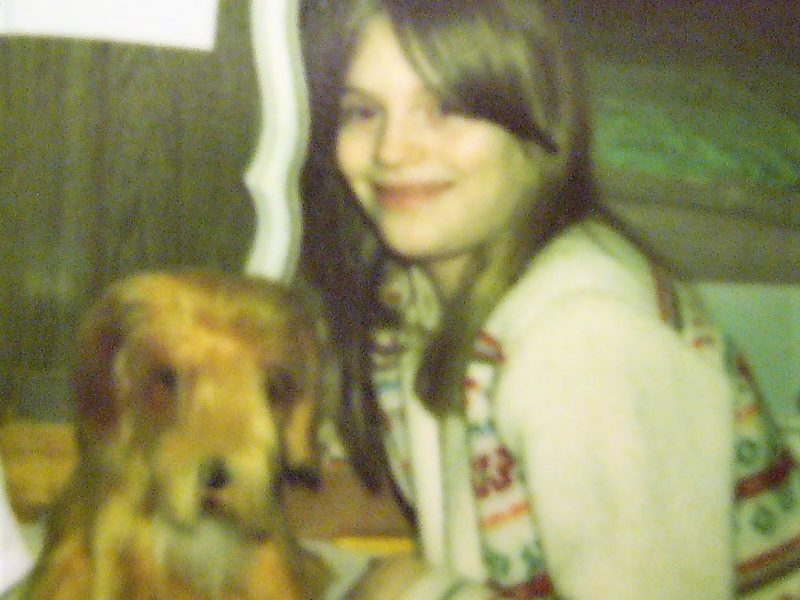
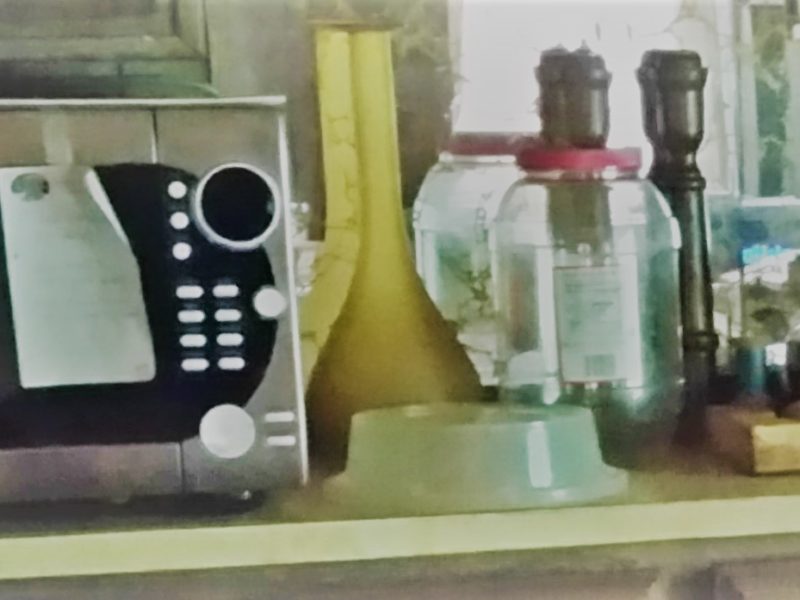
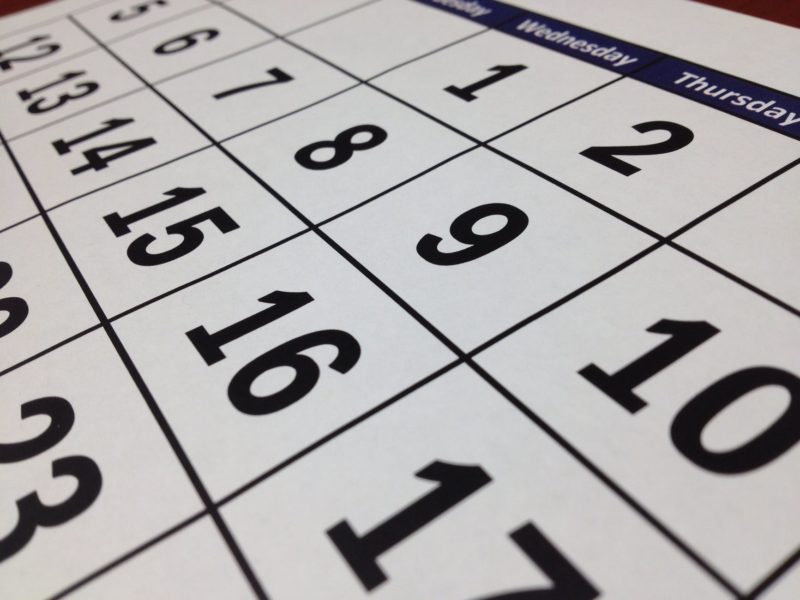
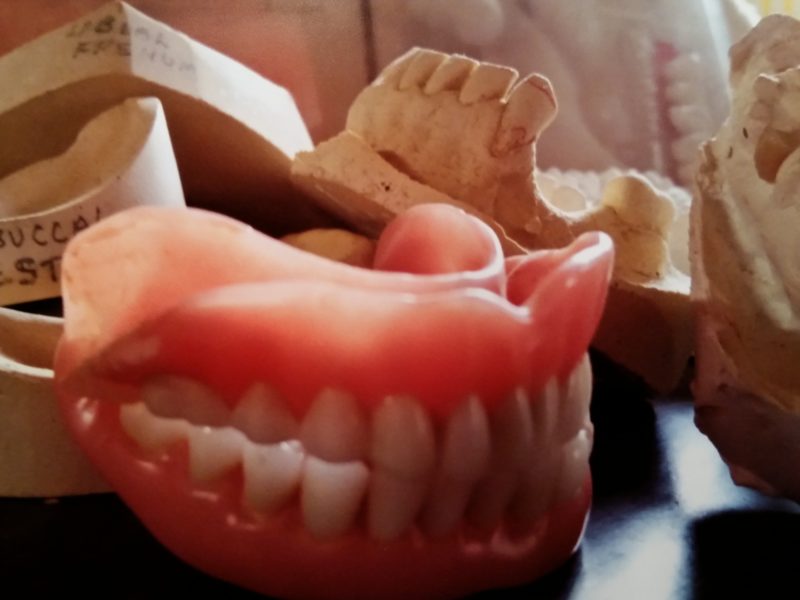
Leave a Reply